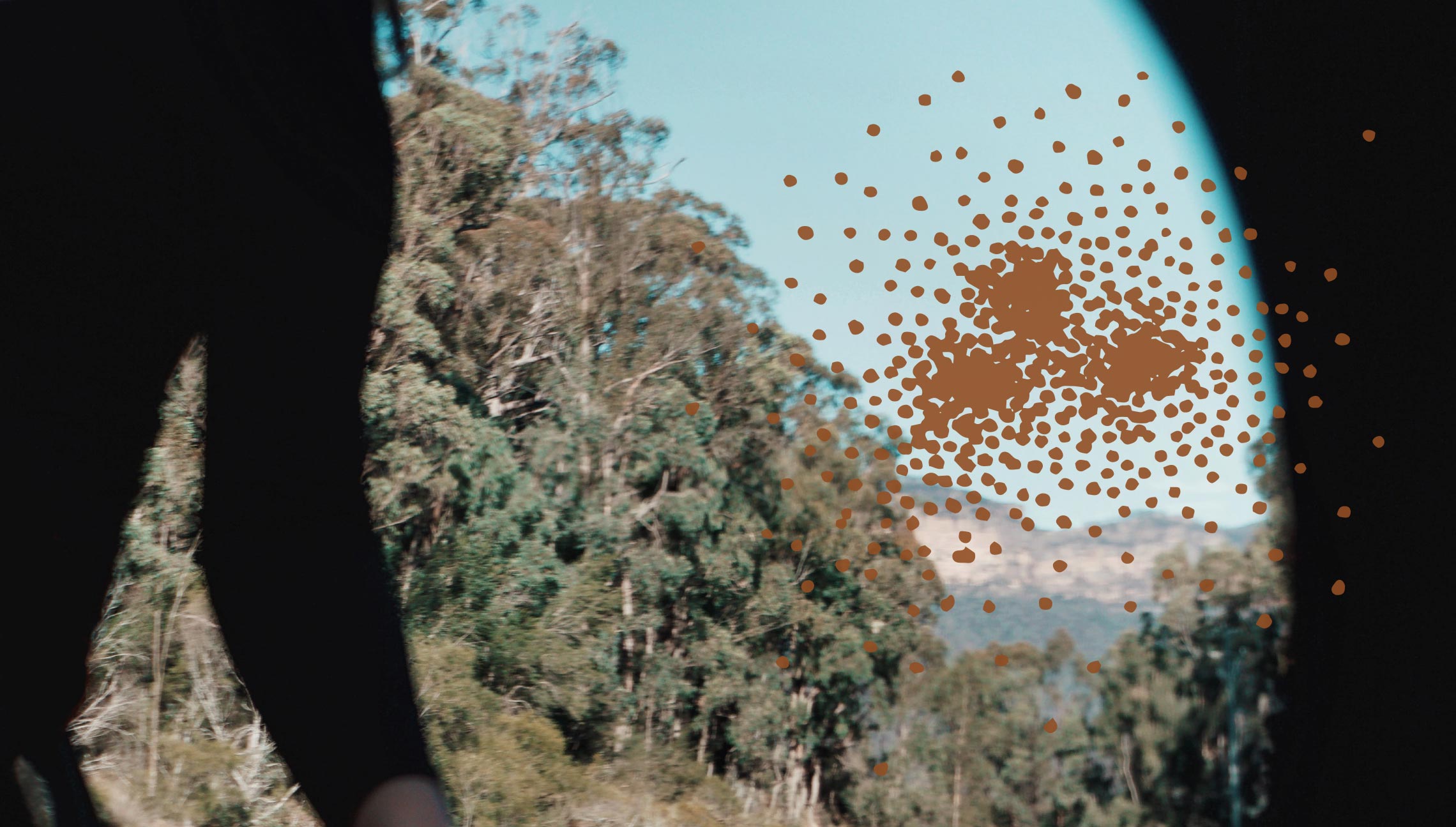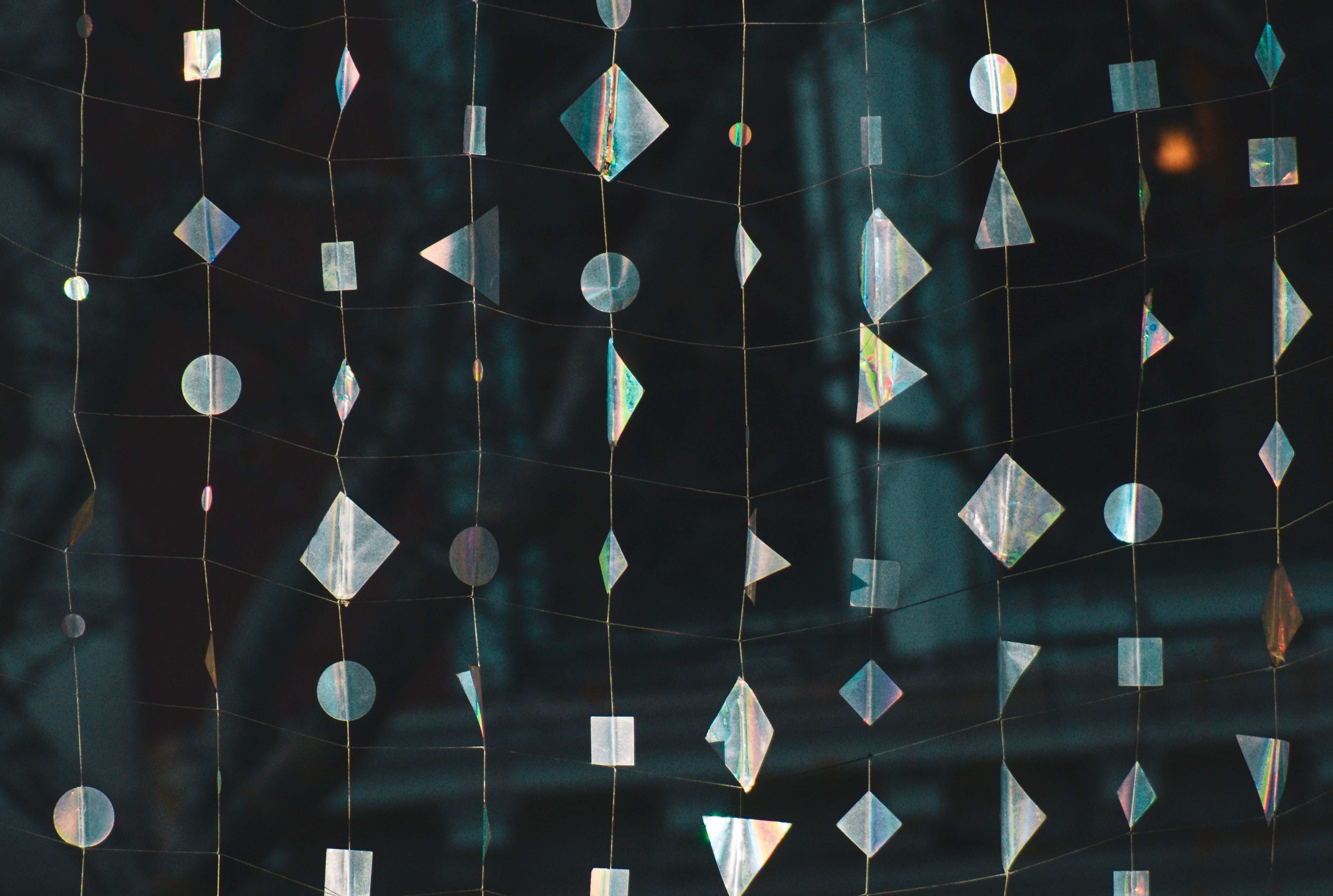Ada Lovelace (1815-1852) was a British mathematician and thought to be the world’s first computer programmer.
Ada Lovelace was a woman for whom “the histories of computing and women’s liberation are first directly woven together” (Sadie Plant, 1995).
Each year, the second Tuesday of October is celebrated as Ada Lovelace Day, a day set to raise awareness for the work of women in STEM. At the ANU School of Cybernetics, we like to do things a little differently. It’s our mission to steer, shape, and scale complex systems to build more hopeful futures.
Here are 8 ways we’re celebrating Ada Lovelace Day on the 8th of October:#
1. We were inspired by Ada Lovelace day to do something positive for women’s representation in Science, Technology, Engineering, and Mathematics (STEM)
Cybernetics is an approach to emerging technological complexities and as experts steeped in the field and history of cybernetics, this felt like a natural place to contribute.
2. We chose a website known for its accessibility and use as research starting point, Wikipedia
Wikipedia is the internet’s free encyclopedia; it is the starting point for many people on a research or fact checking journey. It is perhaps the most reliable source of information on the internet due to its editing workflow.
Because Wikipedia has so much carefully curated text, it is an attractive source for datasets used to create large language models – known as corpora. For example, Common Crawl is a freely available corpus of text from 250 billion web pages, captured over 17 years. But if women are not represented at the source – in Wikipedia – then that representation doesn’t flow downstream into Common Crawl and into large language models which are trained upon them. We need women in Wikipedia to have women in ChatGPT, particularly as other websites covered in Common Crawl become increasingly paywalled (Longpre et al. 2024).
3. We combined our inspiration point and our website decisions
Finding out that there are only 13 women in Wikipedia’s category for ‘Women in Cybernetics’ and we know there is more than a baker’s dozen, we knew this was a great leverage point to have impact in for Ada Lovelace day, and one which would have longevity as Wikipedia’s data.
4. We invited everyone in our School to join us in a Wikipedia edit-a-thon
Some events focused on the representation and elevation of women have sadly garnered a reputation for providing tokenistic support - such as cupcakes - rather than real change. Instead, we wanted to come together, harness our collective talents, and take meaningful action to redress the gender imbalance in cybernetics.
5. We’re collaborating with the experts
Wikimedia Australia, the Australian non-profit, are helping us with our edit-a-thon providing us with training and support to make sure we can have the most effective session possible. Many thanks are extended to Belinda Spry, Alice Woods and Alison Smith from Wikimedia Australia.

6. We’re upskilling ourselves as Wikipedia editors
We are adding and upgrading skills to our toolbelt including writing in neutral tone, avoiding personal bias, and including accessible, trustworthy sources.
7. We’re making this work visible to you
In sharing this work with all of you we want to inspire you perhaps for a future Ada Lovelace day to look at the structural inequalities in your field, particularly if you are in STEM, and even to consider creating Wikipedia pages for the women missing in your field. We also want you to read about the women in cybernetics and to learn about their contributions. Knowing the names of the lost women of cybernetics is part of the solution.
8. We acknowledge that this isn’t a silver bullet
Structural inequities can’t be solved by a one-off event, but an Edit-a-Thon can be part of ongoing, concerted, connected efforts to address structural gender imbalances in STEM. Thanks to this Edit-a-Thon many of us across the School have re-ignited our passion and refreshed our skills to continue to build a future with better equity.
Whilst adding Wikipedia entries for the lost women of cybernetics won’t solve the root of these structural inequities, our work today provides visibility and a pathway to help ensure that these structural disadvantages are lessened – something you might see next time you ask ChatGPT about a woman in cybernetics!

Happy Ada Lovelace Day!
At the ANU School of Cybernetics, we use cybernetic thinking and tools steer, shape, and scale, complex systems to build more hopeful futures. Get in touch at: cybernetics@anu.edu.au.

